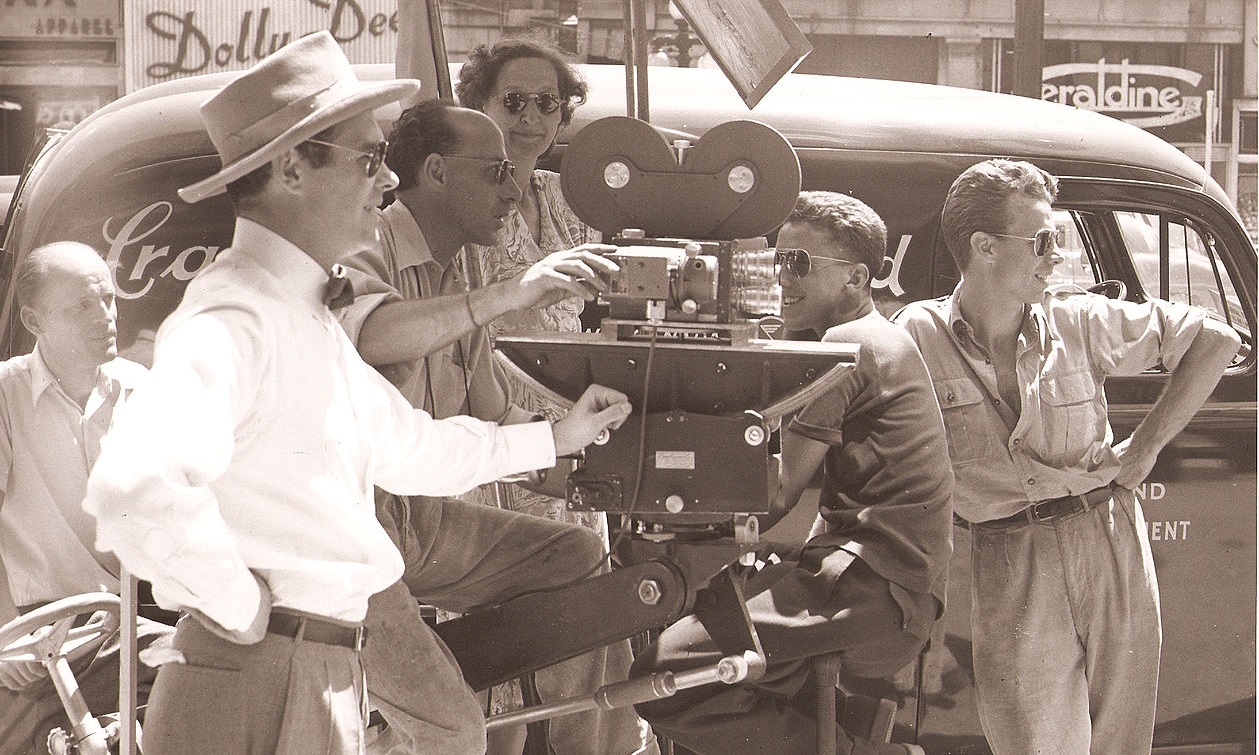By Sarah Zahirah Razali & Nurhaida Sidek
In parallel with current demands of Islamic media contents in our local entertainment industry, broadcasters seem to produce more of such programmes. It is quite a common phenomenon today for Malaysian broadcast industry to provide more space for Islamic culture-based films and dramas portraying more actresses wearing hijab and with scenes of masjid or musolla. Islamic values can also be traced in the script of many ordinary films or dramas.
The establishment of TV Al-Hijrah as an Islamic terrestrial TV has provided that bridging opportunities for film makers to meet that demand. The values are there, but again, can Malaysia survive with just incorporating Islamic values in their productions? The most pertinent question to be addressed is the quality of our film production.
Portrayal of Islamic values through love and marriage is too common in the local films and entertainment productions. Themes on love-affairs greatly dominate our dramas. In fact, the increasing number of films adapted from novels indicates something needs to be done to significantly improve our creative industry. Films based on novels require less demand for originality as story lines and scripts are already there.
Apart from creativity issues, Malaysian film makers should realise the abundance of our values and cultures. Colourful history, culture, meals, heterogeneous society and amazing tourism spots are yet to be fully exploited. The martial arts ‘silat’, for example, can be transformed into movies – to show how Malaysian self-defence are at par with other martial arts, if not greater than others. Of course our film directors have to be creative in their production as significantly achieved by kung-fu film producers. That is to say we are interested to see how our film makers creatively incorporating local customs or ‘adat’ together with Islamic values as well.
It is undeniable that Malaysia has managed to win several international film awards previously but such talented film directors are no longer active. Where are the known directors such as U-Wei, Shuhaimi Baba and Dain Said? Making money through movies is definitely the ultimate aim of all film investors. But Walt Disney stated otherwise: œWe dont make movies to make money, we make money to make more movies.
Steven Spielberg, a renowned director and producer also said that he is not really interested in making money because he likes movies so much that he wants to present it to the audience. He knows what the audience wants. œThe public has an appetite for anything about imagination, anything that is as far away from reality as is creatively possible, he said.
It is always interesting to note that movies serve to educate apart from entertain. Motion picture tells a better story, imagination of lives, and interpretation varies. It nurtures the society with aesthetic values. To date, a film is no longer just a mere product but it is a significant tool representing image of our society in the global eyes. For instance, a recent local film hits RM12 million box office and still counting, titled “The Journey”. It reflects much of Malaysian Chinese cultures. Do our local films resemble Malaysian image? Does it provide justice to Malaysia in the eyes of others?
Not only our local film makers alone should be the focus of attention, but all parties involved in our film industry must gear themselves up. We need to change the stigma that anything tagged with local made is perceived as inferior. We have many young talents who believe in passion of film making in Malaysia. Audience are waiting to enjoy their creativity. There is hope that someone will start to realise we are not anymore a meagre society but we are looking for Malaysian films with values, worthy of watching. A poor original is better than imitation.
Photo courtesy of Wikimedia Commons.
